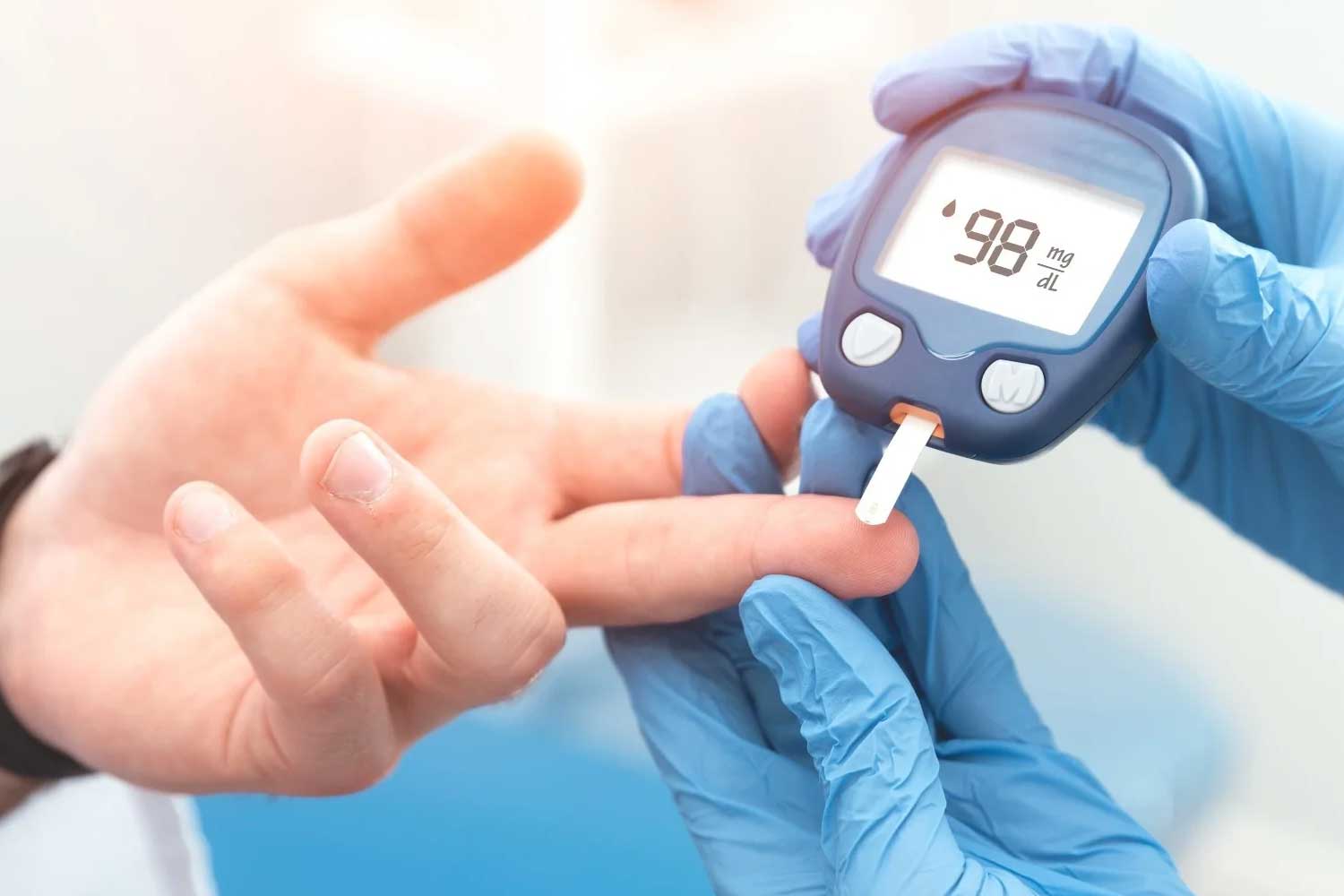
Even though about 9.4% of the population is currently living with diabetes in the United States, the regular person has no clue about the realities that patients go through on a daily basis.
Most people with this chronic condition are able to live normal lives most days. But that does not mean that this issue is easy or even cheap, to manage.
Diabetes requires constant vigilance and attention from the individual. There are times where patients are woken up to low blood glucose levels.
Some things, which were not common knowledge to many patients, before they actually develop the disease includes;
Arduous Blood Tests
Having blood tests for diabetes is not something that is for the faint of heart. A large number of patients are required to monitor their blood sugar levels via a finger-prick test. As many are aware, this can become an uncomfortable inconvenience.
Could Affect Anyone
It is a misdirection to assume that those at a certain age are more or less likely to develop diabetes, both type A or B. the American Diabetes Association estimates that type 1 diabetes occurs at any age, in any race and in people of every shape and size.
Carrying a Pump becomes Essential
For many diabetics, going anywhere without their insulin pump is a possibility they cannot afford to let occur. The pump is used to automatically administer insulin as per the requirement of the body. Without it, diabetics run the risk of going into diabetic ketoacidosis.
Ketoacidosis is a serious complication which occurs which occurs when blood sugar levels are very high and acidic compounds known as ketones begin to build up within the body.
Requires the User to Keep a Stash of Sugar
For those suffering from low blood sugar, carrying a packet of candies or other forms of sugars is not a treat but a necessity, which cannot be avoided.
This is because those with blood sugar issues end up developing hypoglycemia, also known as low blood glucose.
Patients are required to follow the 15-15 rule, which requires them to eat 15 grams of carbs after every 15 minutes until their blood glucose levels reach at least 70 mg/dL.
Gives Birth to Other Health Complications
For those living with diabetes, this is not the only issue they have to deal with. The American Diabetes Association states that those who have diabetes are at an increased risk of developing nerve damage, high blood pressure, eye problems, skin disorders etc.
‘Sugar Free’ Means Nothing
Those who do not know much about having diabetes are not aware that labeling objects as sugar free does nothing in terms of diabetes in general.
There are a number of carbohydrates, as well as honey in some products that can impact people’s blood sugar levels negatively.
A 24/7 Constant Disease
Diabetes is a condition, which requires constant management and observation. Maintaining good eating habits, as well as a person’s overall health is very important for the proper management of the condition.
Being prepared with emergency dips in their levels is also very important for people whose sugar level tends to drop.
Emotional Impact
There is not enough scientific data to understand the reason for this documented change but a number of studies and reports have shown that those people who live with diabetes are more prone to developing depression than those who do not.
Weight is Unrelated to Disease Management
Due to the fact that type 2 diabetes is so closely linked to obesity, there are people who wrongly assume that type 1 diabetes has the same links.
However, that is far from the truth. For those with type 1 diabetes, gaining or losing weight will not have any kind of significant impact on the severity of the disease itself.
Hard to manage Stress Levels
As per a number of reports, brought forth by the University of California, San Francisco (UCSF) Diabetes Teaching Center, there are hormones that are released in the body when a person is stressed out.
They include epinephrine (adrenaline), glucagon, growth hormone, and cortisol. All of which when rising reduces the body’s sensitivity to insulin and increases the presence of glucose in the body.
One is Incurable
While no definitive cure for type 2 diabetes exists there are a number of breakthroughs that show promising results. For eg using beta cell replacement therapies with lab-grown cells, immunotherapy trials that try to rebalance the immune response, gene-editing and also stem cell therapies that repurpose the patient’s own cells.















